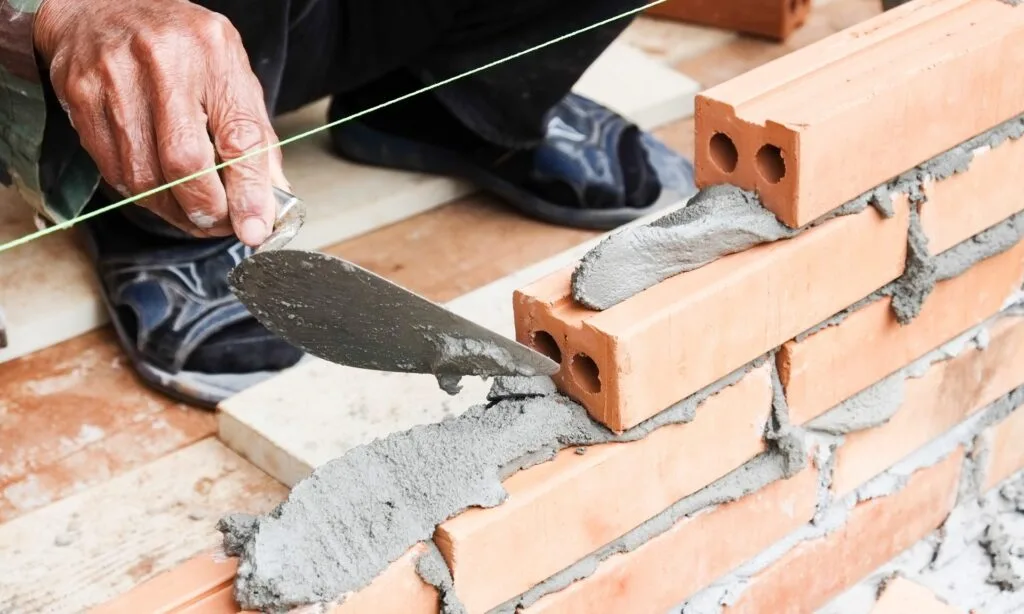How can you find the right French tradesperson or handyman?
No matter how much of a DIY guru you are, at some stage you are probably going to need to find a French tradesperson to work on your home in France.
Many people move to France with an idyllic dream of doing up their own run-down cottage in the countryside. Many of these people will also plan to do much of this work themselves. However, you will unfortunately be unlikely to do so – not least because any specific work will chiefly need to be carried out by a qualified professional.
When I find a French tradesperson, what qualifications should they have?
There can be high penalties for not employing a registered tradesperson. Firstly, you need to find a French tradesperson who is qualified and registered with either the Chambre de Métiers et de l’Artisanat, one of the Chambres de Commerce, Tribunaux de Commerce, the URSSAF, Services Fiscaux or their regional office of the INSEE. To do so, the tradesperson will have to prove that they have the relevant qualifications and a certain amount of work experience. In return, they will be provided with a SIRET number, a 14 digit number from the Chambre de Métiers.
There can be high penalties for employing an unregistered tradesperson.
Before you employ your chosen tradesperson, it is always recommended that you ask to see their ‘Carte d’indentification’. This can then be used to prove that they are properly registered – and you can also use their SIREN number (the first 9 digits of their SIRET number) to confirm this on the following websites: Les Echos, Infogreffe, Societe and Manageo. It is very important to be wary of employing anyone who is not registered – and the penalties for doing this are high. Above all, you will also need to ensure that your chosen tradesperson is insured for all their work. This will usually guarantee it for up to ten years; your tradesperson will have to register to receive insurance.
Finding a tradesperson
One of the best ways to initially find a French tradesperson is to ask around locally. Firstly, speak to any neighbours who have recently had work done. Ask to see what has been carried out and for recommendations. Moreover, you can also speak to your estate agent for a list of recommended contractors. Try firstly to find two or more different tradespeople to assess your requirements. Then, ask for a written quotation from each one. You may well find that their prices differ. However, it’s not always the best option to simply go for the cheapest one – and that’s above all where a personal recommendation is really important.
Paying for services
Once you find your French tradesperson and employ them, you’ll need to consider payment. It is always wise to discuss stage payments (‘paiement échelonné‘). This starts with a deposit and then a payment once each stage has been completed. The last payment comes at the end, when you are satisfied with the completed work. You should also discuss timescales and costs in advance so you know where you stand. That way, you can build a clear plan of action. If you need fittings or similar, make sure you discuss whether they can offer you trade prices (‘prix marchand’) from shops for certain items.

Make sure you ask around locally and consult local organisations to find a French tradesperson for you.
By employing a local tradesperson, you should be able to ensure that they are educated in local materials and building methods – as well as the amount of VAT (IVA) applicable. For example, if your house is more than two years old, this will be at the reduced rate of 7% instead of 19.6%. The only difference is, of course, if you are undertaking major reconstruction that would effectively involve turning the property into a new dwelling. Your tradesperson should be able to guide you on whether this is the case.
Once you have accepted your tradesperson’s quotation, they are therefore bound to complete any work in accordance with your written and signed requirements. Generally, French contractors work well and do not scrimp on their hours. On average, they will work a 39-hour week. They usually start very early in the morning and only take time for a one or two hour lunch break.
You will generally find that the average French tradesperson works well and does not stint on their hours.
Don’t forget!
The most important things to remember when hiring a tradesperson in France is to have patience (nothing is done with any great urgency in France), that everything should be put down in writing, and that there are more bank holidays here! Accepting this and going with the flow will make it much easier for you to relax and ensure you are happy with your contracting plans!

Buying a property in France is extremely exciting, but it can be nerve-wracking: in what ways is the process different to the UK, how do you cope with the language difference, what fees should you expect and just who is the notaire? That’s why we’ve put together our France Buying Guide, to help you through the process, step by step.
Written by experts, it covers every stage of buying, from viewing to contracts and fees. Get your copy of the French Property Guide by simply filling in the form below.

